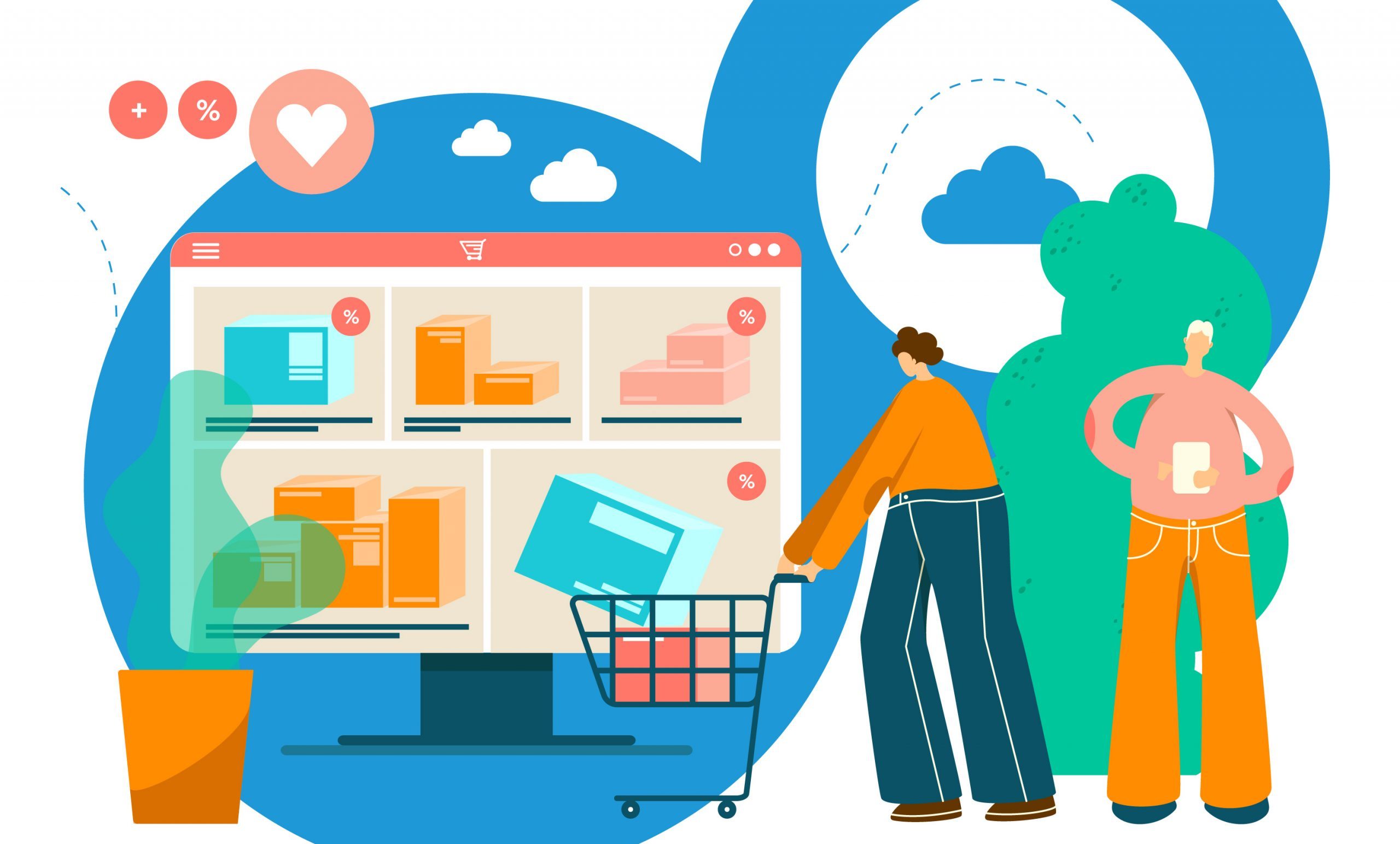The integration of Information and Communication Technology (ICT) into retail and e-commerce is reshaping the way businesses operate and how customers interact with brands. From enhancing customer experiences to streamlining operations, ICT is revolutionizing retail and e-commerce in ways that were unimaginable just a few years ago. In this blog, we’ll explore how ICT is revolutionizing retail and the transformative impact it has on the industry.
1. Enhancing Customer Experiences through ICT
One of the most significant ways ICT is revolutionizing retail is by enhancing customer experiences. Today’s consumers expect personalized and seamless interactions, whether they are shopping online or in-store. ICT enables retailers to gather and analyze customer data to tailor experiences to individual preferences. For example, AI-driven recommendation engines suggest products based on past purchases, while chatbots provide instant customer support, ensuring a more engaging and satisfying shopping experience.
2. Streamlining Operations with ICT
ICT is also streamlining operations in retail and e-commerce, making businesses more efficient and responsive. Inventory management systems powered by ICT allow retailers to track stock levels in real-time, reducing the risk of overstocking or stockouts. Additionally, supply chain management has become more agile with the use of ICT, enabling retailers to respond quickly to changes in demand and ensure timely delivery of products. This operational efficiency is key to staying competitive in today’s fast-paced market.
3. The Role of ICT in E-Commerce Growth
The growth of e-commerce is another area where ICT is revolutionizing retail. E-commerce platforms have become more sophisticated, offering features like secure payment gateways, mobile optimization, and user-friendly interfaces. ICT has also enabled the rise of omnichannel retailing, where customers can seamlessly switch between online and offline shopping experiences. This integration of channels provides greater flexibility and convenience, which are crucial for meeting the demands of modern consumers.
4. Leveraging Data Analytics for Business Insights
Another way ICT is revolutionizing retail is through data analytics. Retailers are leveraging big data to gain insights into customer behavior, preferences, and trends. These insights allow businesses to make informed decisions about product offerings, pricing strategies, and marketing campaigns. By using data analytics, retailers can anticipate customer needs and stay ahead of the competition in a rapidly evolving market.
5. Security and Privacy Concerns in the ICT Era
While ICT is revolutionizing retail, it also brings new challenges, particularly in the areas of security and privacy. As retailers collect and store vast amounts of customer data, they must ensure that this information is protected from cyber threats. Implementing robust cybersecurity measures and adhering to data privacy regulations are essential steps for retailers to build and maintain customer trust in the digital age.
Conclusion
ICT is revolutionizing retail and e-commerce by transforming how businesses operate and how customers shop. From enhancing customer experiences to streamlining operations, the impact of ICT is profound and far-reaching. As retailers continue to adopt and integrate these technologies, they will be better positioned to meet the evolving needs of their customers and stay competitive in a dynamic market. For more insights on the role of ICT in retail, visit Bedots.



